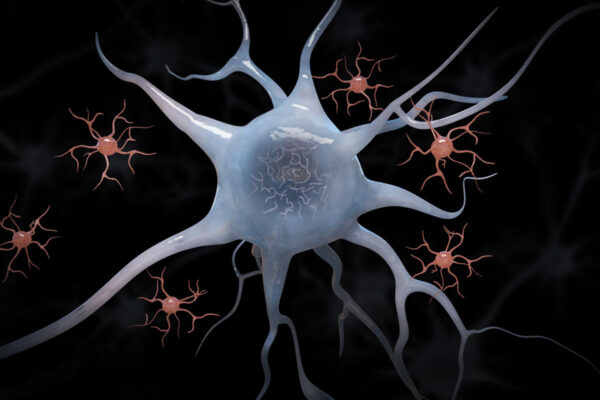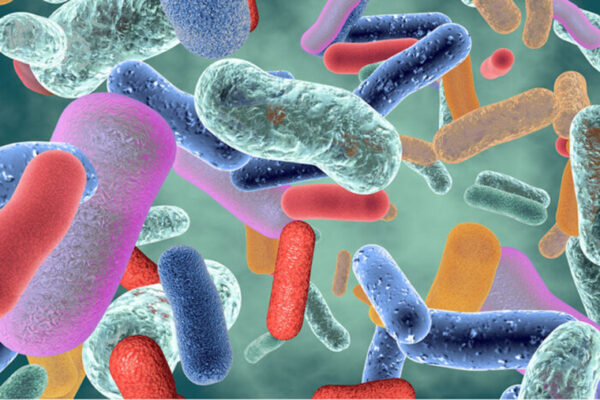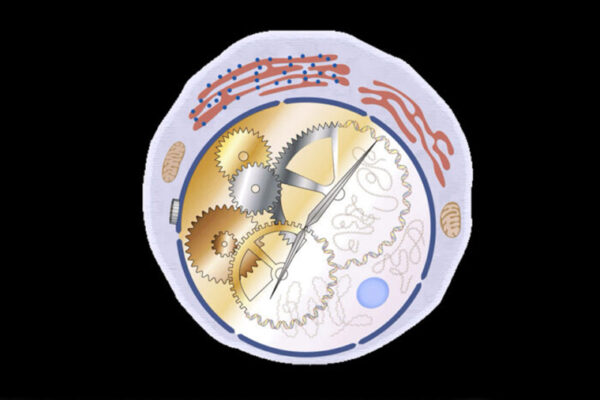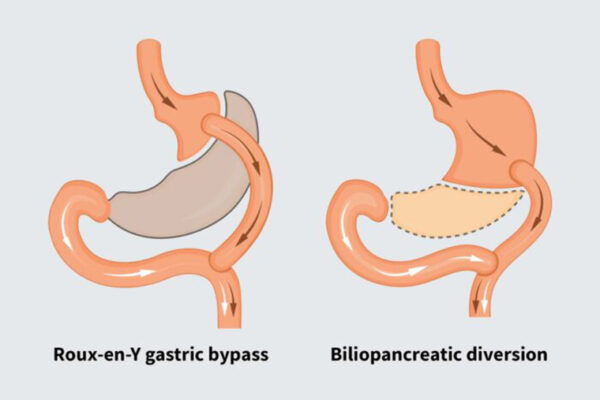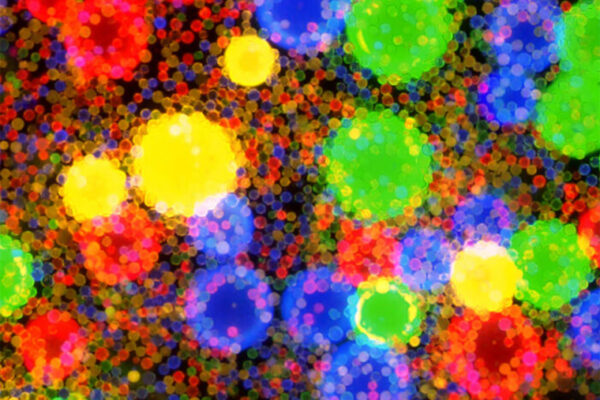Targeting immune cells may be potential therapy for Alzheimer’s
A School of Medicine study has found that brain immune cells called microglia form the crucial link between protein clumping and brain damage. Suppressing such cells might prevent or delay the onset of dementia in people.
Human gut microbes could make processed foods healthier
A new study from Washington University School of Medicine in St. Louis suggests the gut microbiome has an impact on how the body breaks down processed foods, such as cereals, pastas, chocolate and soda. The new knowledge could help in the development of healthier, more nutritious processed foods.
NIH gives major boost to microbiome research on Medical Campus
A longtime leader in microbiome research, the School of Medicine plans to expand research into the microbiome with a new mouse facility that will further enable researchers to understand how microbes influence health and disease. The facility will be funded with an $8 million grant from the National Institutes of Health and an additional $2.8 million from the School of Medicine.
Understanding criticality and the brain’s neural networks
New research from Washington University in St. Louis confirms that the brain tunes itself to a point where it is as excitable as it can be without tipping into disorder, similar to a phase transition. The new research from Keith Hengen, assistant professor of biology in Arts & Sciences, is published Oct. 7 in the journal Neuron.
Scientists find timekeepers of gut’s immune system
An immune cell that helps set the daily rhythms of the digestive system has been identified by researchers at the School of Medicine. The findings open the door to new treatments for digestive ailments targeting such cells.
Uncommon weight-loss surgery best for reducing diabetes risk
One of the most frequently performed weight-loss surgeries in the world — Roux-en-Y gastric bypass — is effective, but another procedure rarely performed in the U.S. appears to be more effective at eliminating type 2 diabetes in patients with obesity. A study from the School of Medicine explains why.
Thrive at Any Weight
Eating to Nourish Body, Soul, and Self-Esteem
A psychotherapist of 30 years, Nancy Ellis-Ordway explains how she helps people get off the weight loss roller coaster, make peace with food and their bodies, and improve their health to find happiness and a better quality of life.
NIH funds centers to improve, diversify reference human genome
The National Institutes of Health (NIH) will provide $29.5 million to Washington University School of Medicine in St. Louis and collaborating institutions to improve the accuracy and diversity of the reference human genome sequence. The aim is to better reflect the spectrum of human diversity and make the reference genome a more useful research tool.
For hospitalized patients with fungal infections, specialists save lives
Fungal bloodstream infections are responsible for the deaths of more than 10,000 people every year. New research from the School of Medicine shows that the death rate can be reduced by 20% if infectious disease specialists oversee care of such patients.
For gut microbes, not all types of fiber are created equal
Certain human gut microbes with links to health thrive when fed specific types of ingredients in dietary fibers, according to a new study from Washington University School of Medicine in St. Louis.
Older Stories
